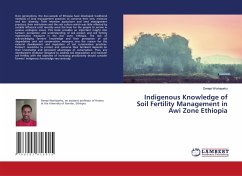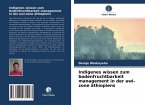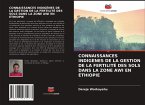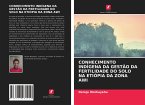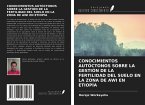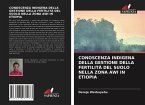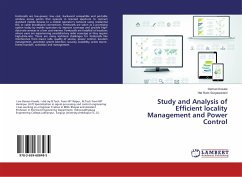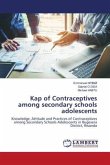Over generations, the Awi people of Ethiopia have developed traditional methods of land management practices to conserve their soils, moisture and bio- diversity. Their intensive agriculture and land management practices, their institutions and the rich culture which was little affected by outside influence until recently were the base for the people to survive in various ecological zones. This book provides an important insight into farmers' perception and understanding of soil erosion and soil fertility maintenance measures in the Awi zone, Ethiopia. The lack of acknowledging farmers' knowledge and their perception of soil degradation and soil conservation measures was the reason for the external development and imposition of soil conservation practices. Farmers' resolution to protect and conserve their farmland depends on their knowledge and perceived advantages of conservation. Thus, any development endeavor designed to address soil degradation and maintain soil fertility with the objective of increasing productivity should consider farmers' indigenous knowledge very seriously.

